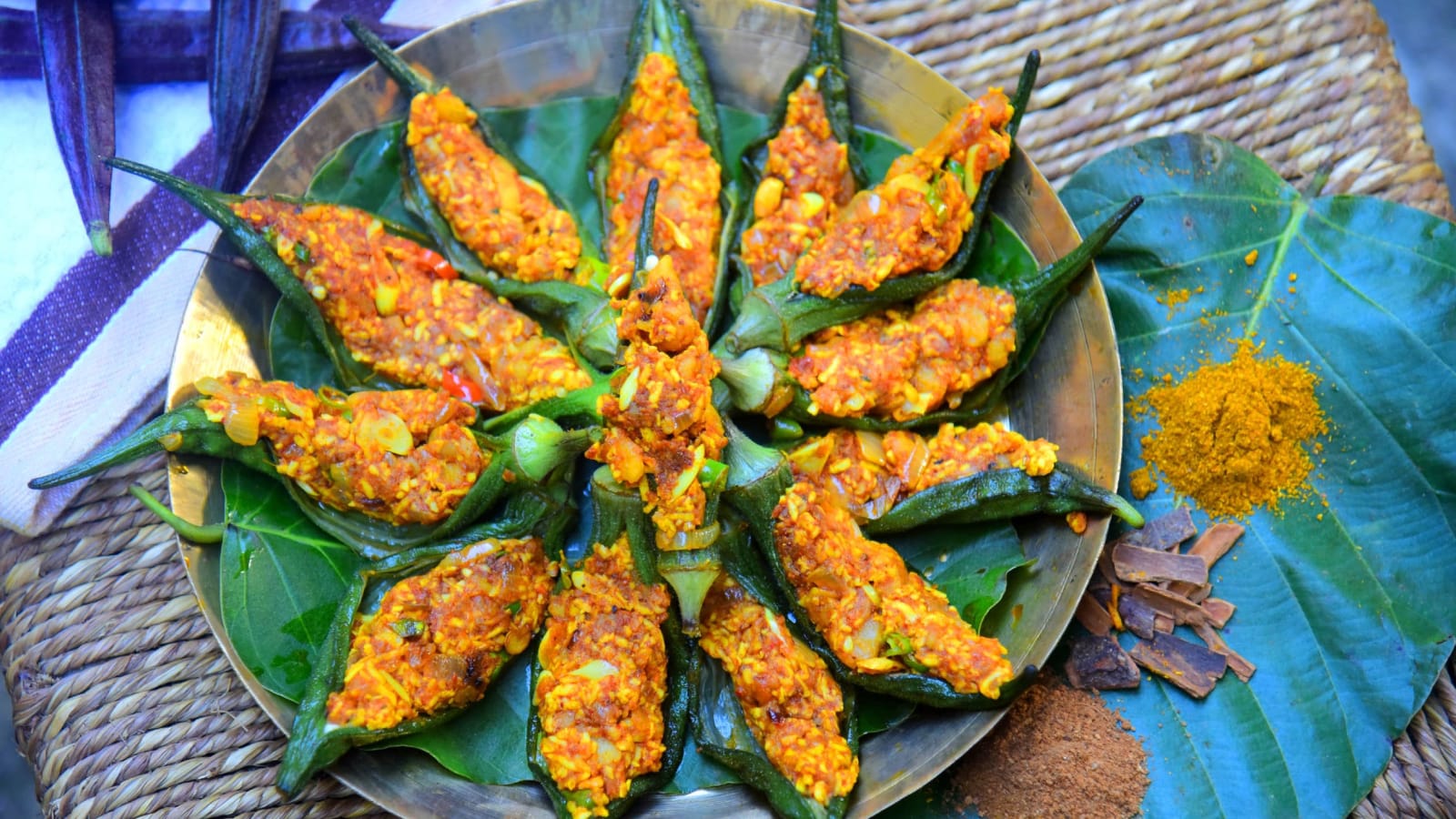How Food Affects our Wellbeing Daily

What comes to mind when you think of the adage, “You are what you eat”?
Whether we take this saying literally, metaphorically, or philosophically, we have all seen that some people appear unhealthy. But our bodies are designed to power us through a lifetime – so it’s up to each of us to be vigilant and ensure that we add, rather than subtract, from our human potential in the complex vortex of life.
I was born in Patiala, in the northern Indian state of Punjab, where I was lucky to be introduced to clean eating in a Sikh – and predominantly vegetarian – environment. I moved to Delhi early on, and in the process experienced the rich tapestry of cultural groups across India who promote vegetarianism too: Buddhists and Jains have long refused to kill animals for food, believing that humans should not harm other sentient beings; Brahmins and Hindus believe this, too. No doubt, you have heard about the sacred cows of India.
As a child, I loved watching my mother prepare vegetables in our kitchen: steamed, boiled, roasted, blanched, fried, stir-fried, griddled, sauced, and plated next to a humble portion of rice. Today still, when I come across the smell of saffron or turmeric, my mind is transported back to Delhi.
Now a seeker of wellbeing, I approach vegetarianism from a more informed angle, and have often pondered how far the food I eat informs my Wholistic Wellbeing.
And the answer is: it does so in waves.
On the most transparent level, it affects my Physical Wellbeing – but it touches Emotional, Financial, Community and Planetary Wellbeing as well.
The intentional avoidance of flesh eating likely arose in ancient societies as part of rituals and purification rites. Philosopher Pythagoras of Samos stressed human beings’ kinship to all animals, while Plato and pagan philosophers like Epicurus and Plutarch also advocated the benefits of vegetarianism, long before the word – or vogue – existed.
Science and medicine have confirmed what those wise men of ancient times conjectured: that vegetarianism not only enhances our bodily energies, but also our mood. The feeling of communion with our environment – of respect for the life it supports alongside us – is one that uplifts us, making us more compassionate, grateful, and immersed in an ecosystem that sees us thrive when only it does. See how the ancient Dharmic concept of ahimsa (harmlessness) is intricately linked with our present Planetary Wellbeing?
Even in non-vegetarian households, parents will tell their children to eat their vegetables. We know they’re important: but do we always remember how important when we pop over to the supermarket for our weekly shop?
As a seeker of wellbeing, I always try to make an effort when preparing my weekly shopping list – to eat healthily, consciously, and wholly.
Eat wholistically.
I am lucky enough to live on the West Coast of the US, where fresh foods are abundant and the concept of farm-to-table has taken hold. But even in areas where you might not friend fresh fruit and vegetables as readily, there are ways to ensure healthy nutrition. Next time you go grocery shopping, think of my catchphrase: Has Your Chestnut Soup Got Five Veggies? Each word stands for an essential food group.
The last one gives the answer away: but what do the others stand for?
Herbs: for healthy seasoning
Yoghurt: for probiotics
Chocolate: for probiotics AND magnesium (chestnuts are delicious too, though…)
Spices: for antioxidation
Grains: for energy
Fruits: for natural sugars and vitamins
While some of those should be consumed in moderation more than others (here’s looking at you, chocolate), those groups are a good place to start reframing your approach to food and to health generally.
Another way to optimise your health with regard to the food you eat is to prepare it yourself. Avoid ready-made meals or dining out too often: the only place where you can really monitor your food is your own home. Whereas you might use salt and oil moderately, it’s always important to bear in mind that other kitchens may not.
What’s more, there’s something emotionally therapeutic about preparing your own food. Enjoy the tenderness of the movement; the calming quality of rinsing, slicing, boiling, mixing, seasoning, frying, baking, fermenting, and of course, tasting as you go – bursting open your taste buds and uniting mind and body for a great meal.
Wholistic Wellbeing depends on the foods you consume. So eat wisely, and bon appétit!




